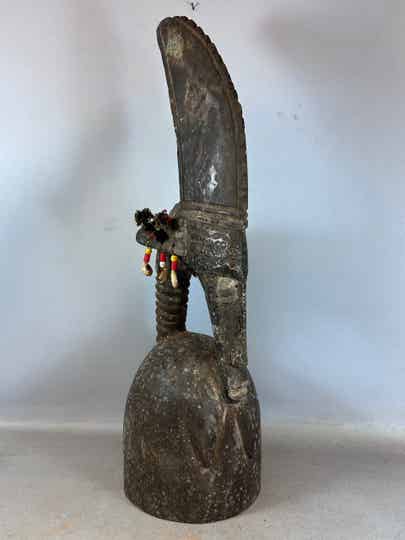Mali is a landlocked country in West Africa. Mali is the eighth-largest country in Africa, with an area of over 1,240,000 square kilometres (480,000 sq mi). The population of Mali is 21.9 million. 67% of its population was estimated to be under the age of 25 in 2017. Its capital and largest city is Bamako. The sovereign state of Mali consists of eight regions and its borders on the north reach deep into the middle of the Sahara Desert. The country's southern part is in the Sudanian savanna, where the majority of inhabitants live, and both the Niger and Senegal rivers pass through. The country's economy centres on agriculture and mining. One of Mali's most prominent natural resources is gold, and the country is the third largest producer of gold on the African continent. It also exports salt.
The culture of Mali derives from the shared experience, as a colonial and post-colonial polity, and the interaction of the numerous cultures which make up the Malian people. What is today the nation of Mali was united first in the medieval period as the Mali Empire. While the current state does not include areas in the southwest, and is expanded far to the east and northeast, the dominant roles of the Mandé people is shared by the modern Mali, and the empire from which its name originates from.
Songhay, Bozo, and Dogon people predominate, while the Fula people, formerly nomadic, have settled in patches across the nation. Tuareg and Maure people continue a largely nomadic desert culture, across the north of the nation. The interaction of these communities (along with dozens of other smaller ethnicities) have created a Malian culture, marked by heterogeneity, as well as syntheses where these traditions intermix



























































